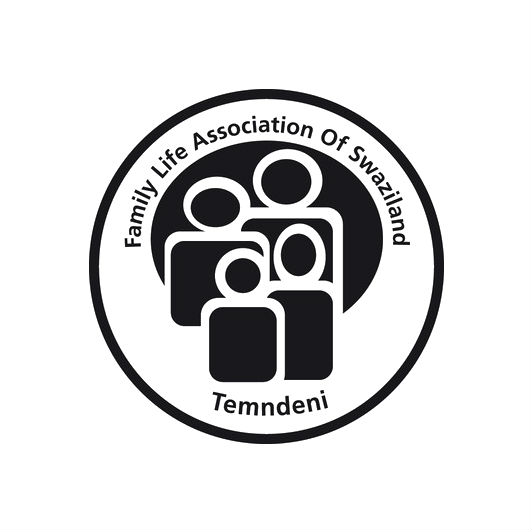
| 23 January 2025
Bandhu Social Welfare Society
Bandhu Social Welfare Society(Bandhu) is a community led organization which was founded in 1996 and formally registered with the Ministry of Social Welfare (MOSW) and the NGO Affairs Bureau in July 1997. Bandhu’s Mission Bandhu works towards ensuring a dignified life for gender diverse populations by protecting human rights, promoting a sustainable livelihood, improving access to quality health care including SRHR, and enhancing access to social security and gender justice. Bandhu’s Vision Bandhu envisions a society where people from all gender identities are enjoying quality life. Bandhu’s Core Values Gender Diversity: Bandhu is committed to value gender diverse population in all their diversities i.e. class, age, religion, ethnicity, culture, language, caste, class, HIV status, profession, identity and convictions by integrating an intersectional approach. Confidentiality: Bandhu respects the right to privacy and confidentiality of gender diverse populations, including their defenders. Quality of Care (Service): Bandhu aims to promote and provide Quality of Care in services that are built on principles of gender equality & equity, inclusiveness 25 and human rights. These services should be non-discriminatory and non-judgmental. Transparency, accountability and Good Governance: Bandhu works on principles of transparency, openness, accountability and integrity. Reduce inequality and discrimination: Our commitment is to reduce stigma and discrimination in all its forms. Innovation: We are committed to learn from past experience and wisdom of others in order to innovate and improve our efforts.

| 31 March 2016
Family Life Association of Eswatini (formerly Swaziland)
For over 30 years, the Family Life Association of Eswatini (FLAE) has provided sexual and reproductive health (SRH) services to the people of Eswatini (formally Swaziland). While family planning, antenatal, post-natal and post-abortion care form a key part of FLAE’s services, there’s a significant focus on HIV and AIDS programmes. Swaziland has some of the highest HIV and AIDS prevalence rates in the world. As a result, the prevention and management of HIV and AIDS, the provision of voluntary counselling and testing (VCT), and the prevention of mother to child transmission (PMTCT) are central to FLAE’s work. FLAE has 15 service points, including 4 permanent clinics and 12 mobile facilities, staffed by a permanent team of 40 backed by 230 volunteers, 180 Youth Action Movement members and 29 peer educators. Young people are a particular target for HIV and SRH sensitization. One of FLAE’s youth centres has its own radio studio, where young people make their own programmes concerning SRH issues. These are then played during FLAE’s roadshows and by major radio stations for nationwide broadcast. This is one strand in an innovative approach to communication. FLAE peer educators also provide training to the country’s Business Coalition Against AIDS. Health, youth, education, women’s and regional development ministries are key partners for FLAE, and it has links with a large number of non-governmental organizations, including the Swaziland National Youth Council, Swaziland Health and Population Education, Population Services International, the Swaziland National AIDS Programme and PACT. Private sector partnerships include the Business Coalition Against HIV/AIDS and SWANNEPHA (a national network of organizations for people living with HIV and AIDS). FLAE is a member of the SRH Steering committee, the Gender Consortium and the Male Circumcision Task Force.
| 23 January 2025
Population Services and Training Center
Population Services and Training Center (PSTC) is the inheriting organization of Family Planning Services and Training Center (FPSTC) which was created by a government order in 1978. It is - a non-government, not-for-profit voluntary organization registered with the Department of Social Services in 1995 and with NGO Affairs Bureau in 1996 affiliated with Directorate General of Family Planning in 1997 declared as the inheriting organization of FPSTC by the Ministry of Health and Family Welfare in 1997. PSTC has been working for the improvement and uphold the standard of livelihoods of poor and socially disadvantaged people by undertaking various programs and projects particularly, health services focused projects around the country.







